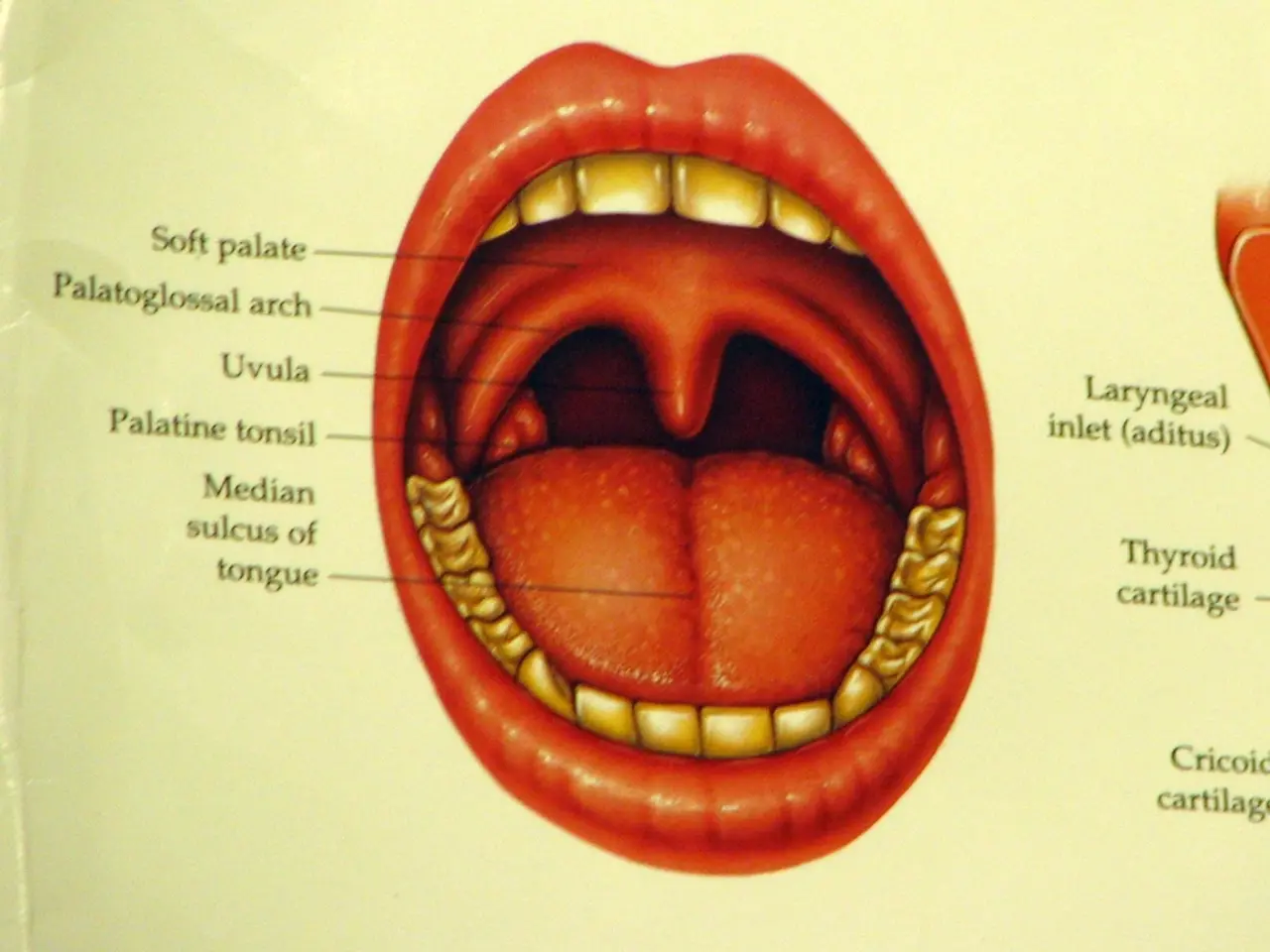Inability to Retrieve Memories Instantly: Exploring the Tip-of-the-Tongue Effect
The Tip-of-the-Tongue (TOT) phenomenon, also known as the TOT state or TOT experience, is a common occurrence that affects people of all ages and backgrounds. This intriguing psychological occurrence is characterised by the feeling of knowing a word or phrase, yet being unable to recall it.
The TOT state can be a never-ending adventure, filled with twists, turns, and occasional moments of frustration. But fear not, for there are several strategies that can help resolve this elusive word.
One effective approach is to use word retrieval cues. These cues can trigger memory access, helping you to recall the missing word. Associative cues, contextual cues, and sensory cues are all examples of such cues. For instance, recalling partial information, such as the first letter or sound of the target word, can help trigger memory access.
Engaging in intrapersonal communication, or self-talk, may also assist. By guiding retrieval attempts or reducing frustration associated with TOT states, self-talk can prove to be a valuable tool.
Research suggests that phonological cues, semantic or contextual cues, self-talk, and relaxation can be particularly effective. Phonological cues involve trying to remember the word’s initial sounds or syllables to activate related memory networks. Semantic or contextual cues involve reflecting on the meaning, category, or context in which the word is used to aid recall. Self-talk involves internally articulating descriptions or related concepts to support recovery of the target word. Relaxation involves reducing stress or anxiety, which can interfere with retrieval, so that the blocked word surfaces more easily.
A change of context can also be an effective strategy for resolving TOT states. By shifting your focus or environment, you may find that the word suddenly comes to mind.
If all else fails, asking for help from a friend, family member, or colleague can provide the missing link. Partial retrieval, a phenomenon in the TOT experience where an individual can grasp a fragment of the target word, can sometimes be enough for someone else to fill in the blanks.
Embracing the challenge of TOT states can serve as a testament to the complexity of our minds and the journey of language. So, the next time you find yourself in a TOT state, remember that persistence is key, and continued efforts can lead to the resolution.
Science has given insight into effective strategies for resolving the Tip-of-the-Tongue (TOT) phenomenon, particularly in health-and-wellness and mental-health areas. For instance, word retrieval cues, engaging in self-talk, employing phonological cues, and self-relaxation techniques are all valuable approaches that can help alleviate stress and promote mental health.




